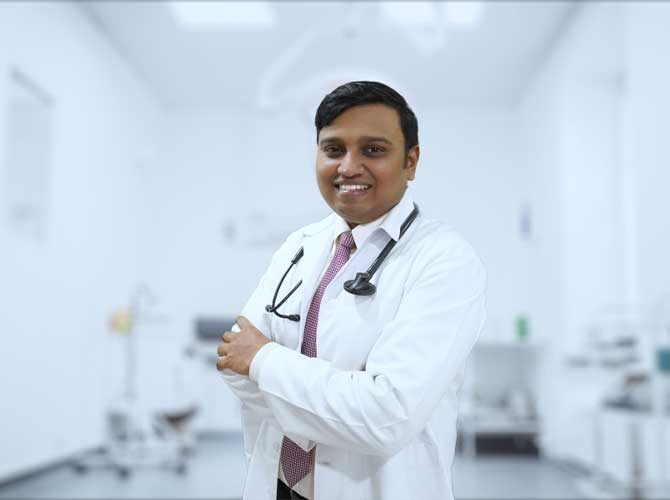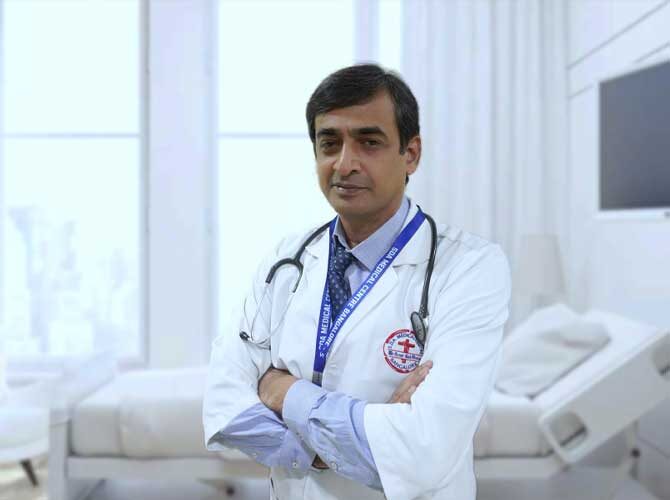General Medicine doctors, also known as internists or hospitalists, play a crucial role in the functioning of a hospital. They are responsible for providing comprehensive medical care to adult patients who have a wide range of medical conditions. Here are some key functions and responsibilities of General Medicine doctors in a hospital:
- Patient Assessment and Diagnosis: General Medicine doctors evaluate patients by taking a detailed medical history, conducting physical examinations, and ordering and interpreting diagnostic tests. They use their clinical skills to diagnose medical conditions and formulate appropriate treatment plans.
- Inpatient Care: General Medicine doctors often work as hospitalists, caring for patients who require admission to the hospital. They manage acute medical conditions, coordinate care with other specialists, and monitor the progress of patients throughout their hospital stay.
- Treatment Planning and Management: General Medicine doctors develop and implement treatment plans for patients based on their diagnosis and medical needs. This involves prescribing medications, ordering therapeutic interventions, and coordinating with other healthcare professionals to provide comprehensive care.
- Medical Consultations: General Medicine doctors may be consulted by other specialists or healthcare professionals to provide expertise and recommendations regarding complex medical cases or to manage medical comorbidities in patients undergoing surgical procedures.
- Collaboration and Teamwork: General Medicine doctors collaborate with other healthcare professionals, including nurses, specialists, and allied health personnel, to provide coordinated and multidisciplinary care. They participate in rounds, conferences, and discussions to ensure effective communication and collaboration within the healthcare team.
- Patient Education: General Medicine doctors educate patients and their families about their medical conditions, treatment options, and lifestyle modifications. They provide information on managing chronic diseases, preventing complications, and promoting overall health and well-being.
- Continuity of Care: General Medicine doctors oversee the transition of patients from the hospital to other care settings, such as rehabilitation facilities or outpatient clinics. They ensure a smooth transfer of medical information, provide appropriate discharge instructions, and arrange follow-up care as needed.
- Medical Research and Education: Many General Medicine doctors are actively involved in medical research and education. They stay updated on the latest medical advancements, guidelines, and evidence-based practices to provide the best possible care to their patients. They may also contribute to medical literature through publications and participate in teaching and mentoring medical students and residents.
General Medicine doctors are often the primary point of contact for patients admitted to the hospital and play a vital role in coordinating and managing their overall medical care. Their expertise in diagnosing and treating a wide range of medical conditions helps ensure optimal outcomes and patient satisfaction.



